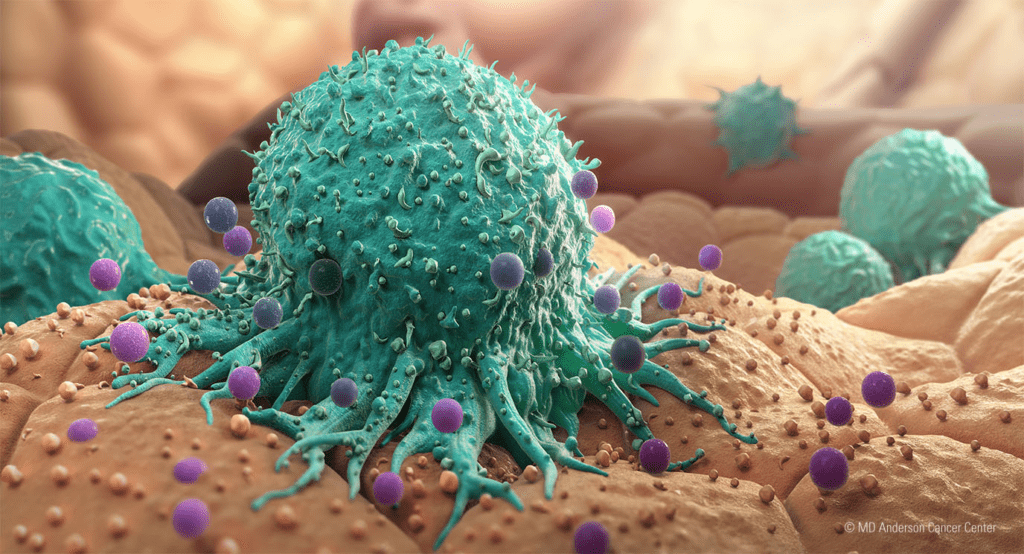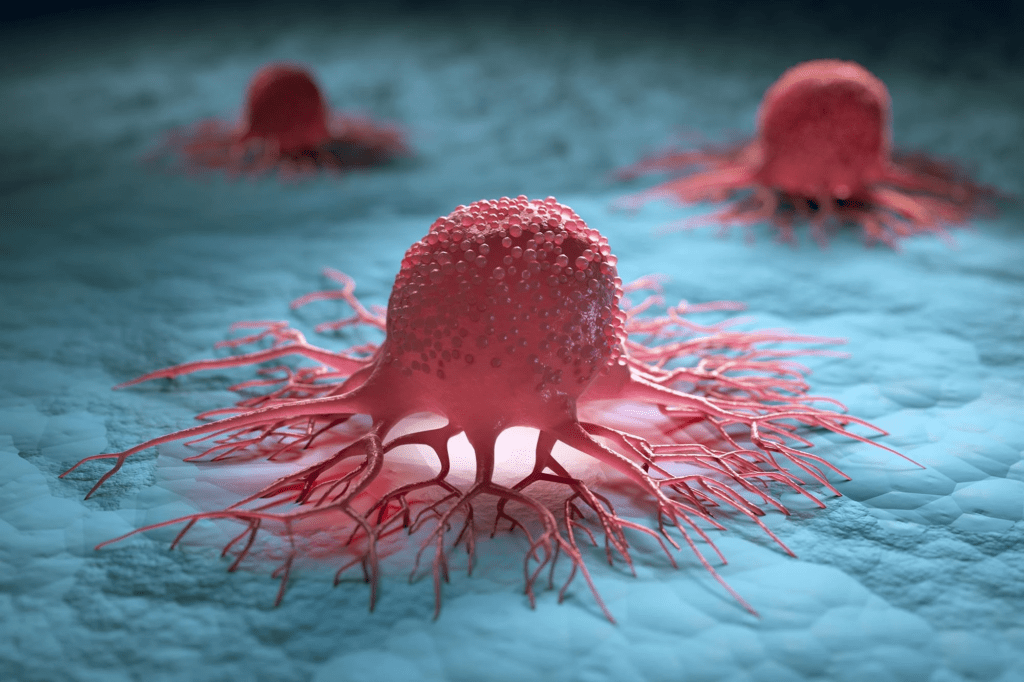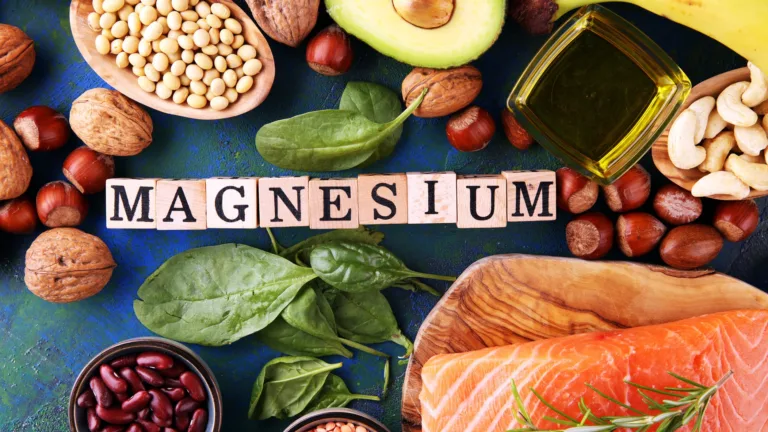New Discovery Suggests Microplastics May Be Causing Unexplained Cancer

Scientists have uncovered a disturbing link between microplastics and serious health conditions, including cancer. After reviewing over 3,000 studies, researchers at the University of California found that tiny plastic particles, less than 5mm in diameter, contribute to diseases like colon and lung cancer, lung diseases, and infertility. These plastics infiltrate our air, water, and food, originating from everyday items like containers and tires. Despite their minuscule size, microplastics cause chronic inflammation, organ damage, and disrupt reproductive health. As global plastic production rises, these toxic particles are spreading further, even to remote regions, urging immediate action to prevent more harm.

In a world increasingly burdened by pollution, scientists have made a groundbreaking discovery that could explain the rise in unexplained cancers and health issues. While we’ve long known the dangers of plastic in our environment, a new study has revealed that the tiniest particles of plastic—known as microplastics—are much more harmful than previously understood. These microscopic fragments, less than 5mm in diameter, are now linked to serious conditions such as colon and lung cancer, infertility, and respiratory diseases. This unsettling revelation raises urgent concerns about the pervasive presence of microplastics in our everyday lives and their potential impact on our health.

The Silent Threat: Microplastics and Their Impact on Our Health
Scientists have long warned about the dangers of plastic pollution, but new research has uncovered a chilling connection between microscopic plastic particles, known as microplastics, and a range of serious health issues. As microplastics infiltrate every aspect of our environment, they may be silently affecting our bodies in ways we never imagined.
Tiny Particles, Big Risks: The Link to Cancer and Chronic Diseases
A groundbreaking study by the University of California has identified microplastics as potential culprits behind rising cases of colon and lung cancer. These tiny fragments, often less than 5mm in diameter, enter our bodies through the air we breathe, the food we eat, and the water we drink. The study found that these particles contribute to inflammation, tissue damage, and disruptions in organ function, leading to long-term health consequences.

The Reproductive Crisis: How Microplastics Affect Fertility
Microplastics aren’t just damaging our organs—they’re also harming our reproductive systems. Researchers have highlighted the devastating effects of microplastic exposure on both male and female fertility. For men, these particles can impair sperm quality and testicular health, while women face disruptions in ovarian function and placenta development. Worryingly, microplastics have even been linked to low birth weight and pre-term births, raising alarms about their impact on future generations.
Breathing in Danger and a Global Crisis: How Microplastics Are Spreading and Impacting Our Health
The dangers of microplastics extend to our lungs, where they cause chronic inflammation and may even increase the risk of lung cancer. Much like other forms of air pollution, microplastics contribute to lung injuries and other respiratory problems. As these particles travel through the air, they pose a growing threat to our health, especially in urban environments where pollution is already a concern.
From the deepest oceans to the frozen Arctic, microplastics are spreading far and wide. They’ve been found in some of the most pristine and remote locations on Earth, leaving no corner untouched. As plastic production continues to soar, scientists warn that our exposure to microplastics will only worsen, leading to even greater health risks in the coming decades.
Urgent Action Needed: How We Can Protect Ourselves
With microplastics becoming an ever-present threat to human health, experts urge policymakers and regulatory agencies to take immediate action. As the evidence grows stronger, it’s clear that reducing plastic pollution and mitigating exposure to microplastics is essential to safeguarding our health. It’s time for action before this silent crisis grows any worse.

A Call for Urgent Action
The mounting evidence linking microplastics to serious health conditions—ranging from cancers to reproductive and respiratory issues—presents a clear and alarming reality: these tiny particles, while seemingly harmless in size, pose a significant threat to human well-being. As microplastics permeate every facet of our environment, their impact on health cannot be ignored. Immediate action is needed to reduce plastic pollution and protect future generations from the growing dangers of these invisible toxins. The time for complacency has passed—policy changes and global efforts to curb plastic waste are crucial for safeguarding both our planet and our health.
Could Microplastics Be the Hidden Cause of Rising Health Issues?






